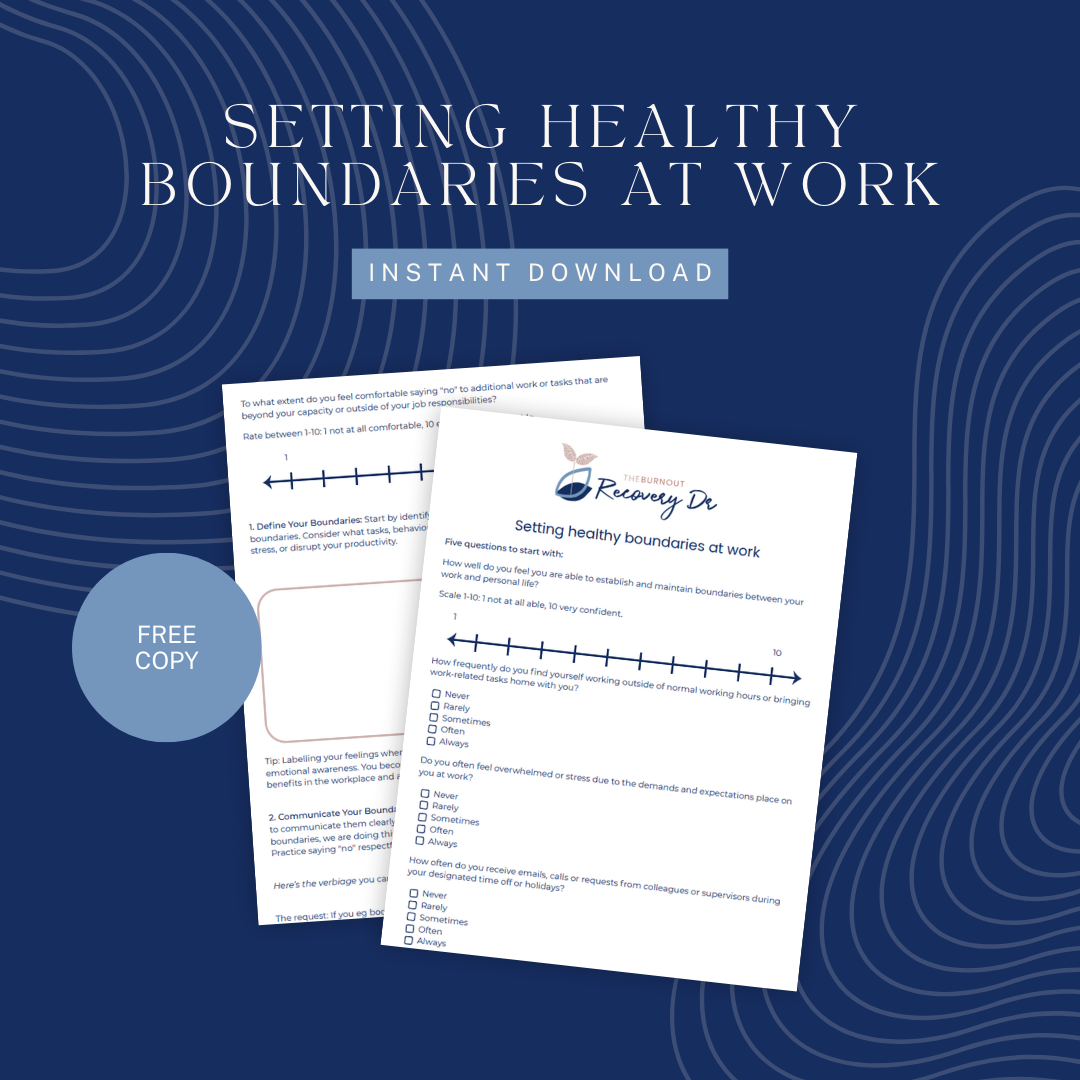Lunch and Learn with Ben Crowe

Last week the regional town of Orange hosted one of my favourite mentors to the stars, Ben Crowe, for a lunch and learn. The room was packed and the energy I noticed was that of excitement, curiosity and expansiveness. Ben delivered an inspiring and actionable presentation with no slides, rather many stories of the sporting greats he has worked with from Ash Barty, Dylan Alcott, Andre Agassi and more. I took copious notes from his talk and wanted to share with you a summary of strategies you can use in your personal and professional lives.
Uncertainty is a feeling that many of us have experienced and will continue to experience in our lives. The question is, do you see it as an unpleasant feeling, or is there a good side to it, that something is shifting and you’re curious as to where things will land? Uncertainty is thought to be a combination of the feelings of anticipation and fear. Whether it feels like a good feeling or not can relate to the resources you see you have to support yourself through the anticipation and fear. If the resources are insufficient, it may feel awful, however if you have got the resources you need, trust in yourself and are starting from sufficiency, the feeling of uncertainty can be quite different.
So here are 5 different strategies you might like to use when considering how to manage uncertainty:
- Think about your controllables versus uncontrollables:
- Controllables include: what you think, your perspective, the story of your life, when you go to bed, how much screen time you use, who you reach out to for support, how you move your body
- Uncontrollables include: what other people think, what other people do, the weather, a plane getting delayed or cancelled
- Our brains are conservative about expending energy. If we are clear on what is in our control then we can release the energy drain on trying to manage the uncontrollables in our life.
- Vulnerability: do you see it as a weakness or a strength?
- In many cultures that include organisations, institutions and vocations, being vulnerable is seen as a weakness. People who view vulnerability this way are more likely to be defensive and closed. With regards to their compassion – they are likely to not be compassionate to themselves or others. Does someone come to mind for you who sees vulnerability as a weakness?
- However if you see vulnerability as a STRENGTH, then the flipside can be true. You are more likely to be compassionate to yourself and others. You are more likely to deal with risk and uncertainty and be open and curious. Your connection with others is likely to be deeper, and it starts with your connection with yourself.
- Overcome your brain’s tendency to negative bias (from our primitive brain’s program to avoid danger) and see vulnerability as a strength in you. I have talked around the concept of Imperfect Consistency before and vulnerability ties in here – bring on the commonality in all humans that we have our imperfections and can say that we’ve screwed up.
- Start from resourcefulness in what you have achieved already. I love the philosophy behind The Gap and the Gain, a book by Dan Sullivan and Dr Benjamin Hardy, which has the main message that we can be looking ahead from our achievements to the ideal place, infinite horizon, moving goal posts….and never feel like we are getting there. Or we can look from where we have started, to the achievements we have made and feel that resourcefulness and sufficiency in celebrating what we have achieved already.
- Here’s a tool to use from The Gap and the Gain book:
- As you round out today, note 3 wins from today.
- Then note 3 things you want to achieve/win at tomorrow.
- Go to sleep and let your brain do the problem-solving on how to achieve the wins tomorrow.
- You’ve got this!
- FOPO: Fear of Other People’s Opinions. A new 4 letter acronym!
- Ben shared with us a great way to reframe this – rather than losing connection with others because of FOPO, think “I don’t care what you are thinking about me, but I care about YOU”
- Finally, before you write your next To Do list, write your To Be list. Ben really emphasized we are Human Beings first before we get close to being Human Doings. He talked about the benefit of play…in adulthood! Reflect on an early memory of play in your childhood…and think how you were feeling then. How can you bring more of those feelings into your everyday?

Which one of these strategies do you want to start with? Let me know with an email or send me a DM on socials.
I recently did a podcast episode on the topic of Uncertainty. Have a listen to that here.
This lunchtime talk was supported by Business Orange, Orange Toyota and Regional Development Australia Central West. Images supplied by Kirsten Cunningham.


